
views

Listen to grunge. You can't write a grunge song if you don't know how grunge sounds! Listen to the bands named above; learn to play their songs; look up what type of guitars, amps and pedals they use. If you can, it is really important you listen to not just those bands, but the bands that inspired them. Bands like Black Sabbath, the Doors, and Hüsker Dü gave them the dark, gloomy sound, while blues guitarists can help you with the lead guitar playing.
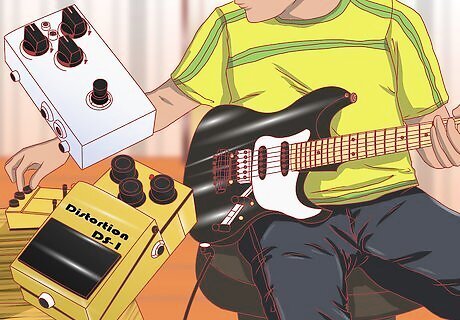
Use distortion and/or overdrive. Distortion is essential for harder rock genres, and especially metal. An important part of grunge is alternating between distorted and clean. If you don't have a big budget, some amps have an overdrive button installed. If you can afford it, you can't go wrong with a good quality pedal. Make sure you know how and when to use distortion to good effect in a song. Be careful not to use too much gain - amateur guitarists will always assume gain = heaviness, but this simply isn't true.
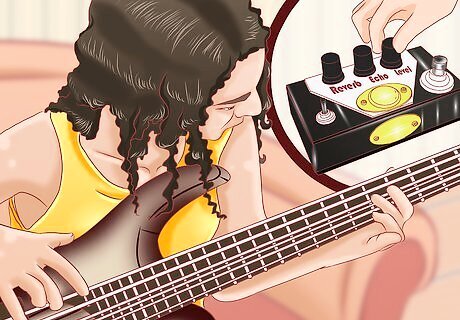
Have and know how to use a chorus, echo and/or reverb pedal. A very important part of the grunge sound found in the likes of Nirvana, Pearl Jam, Alice in Chains and Soundgarden is an ambient reverb sound on a clean guitar.

Know how to make use of non-standard tunings in your songs. Eb is the recommended tuning. Of course, standard tuning can still produce heaviness if you're talented enough. Many grunge bands use unconventional tunings to good effect. "Mind Riot" by Soundgarden (a very experimental band) has every string tuned to an E.

Think of how you want your band/music to sound. How hard you want it to be, what kind of riff you want, the meaning of the lyrics.
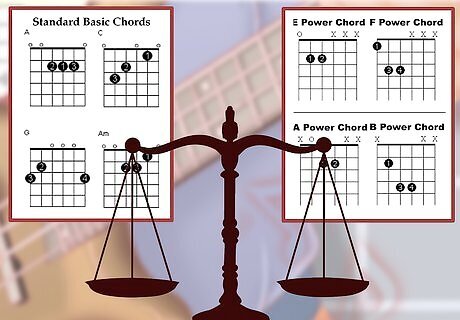
Use a balanced amount of power chords. Power chords are an important basis of rock music in general. Avoid making riffs/songs based entirely on three or four power chords and try to be experimental; this isn't punk rock!
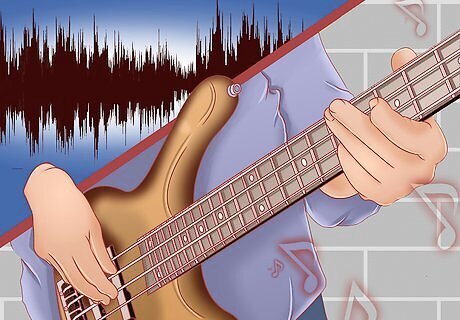
Try to make the guitar sound unusual in tone. Guitarist Jerry Cantrell used talk box and wah-pedals, and Kim Thayil used a similar setup as well as unconventional techniques for his.
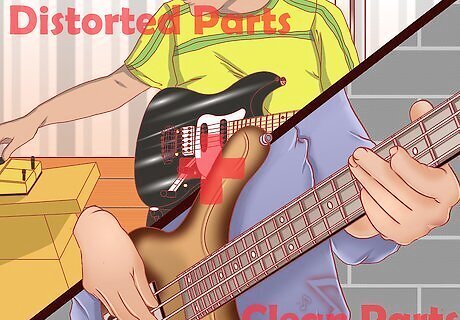
Use both clean parts and distorted riffs in your song. The famous clean-verse-distorted-chorus structure is an important part of grunge and is found in many famous songs, such as Alice in Chains' "Rooster", Soundgarden's "Black Hole Sun" and Nirvana's "Heart Shaped Box".
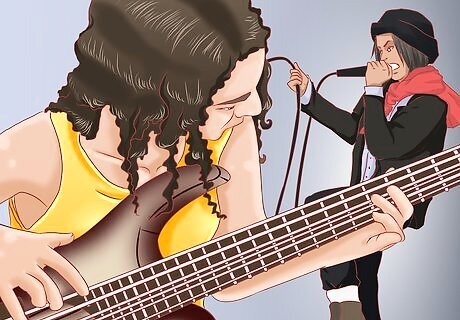
Have a powerful vocal melody. The biggest grunge vocalists - Layne Staley, Chris Cornell, Eddie Vedder, Scott Weiland - are all considered among the most talented vocalists in rock music history. Your melody should force the vocalist into their full potential.

Now that you're done with music, move on to lyrics. Keep them poetic, but not meaningless. Grunge lyrics are often odd and confusing out of context, but once they are analysed they are incredibly meaningful. Grunge lyrics are almost always personal, with emphasis on writing about how you feel (or alternative, storytelling that is equally emotional) and less on political or fantastical ideas.

To start a band, keep the following in mind: The guitarist must be talented and have melody in his/her playing. A background in blues and country helps. Shredding is great in thrash, not so much in grunge. The band should have a competent bassist. Although underrated, the bassist is incredibly important to the rhythm and essential to a deep, heavy sound. The bassist should be audible in the mix, and basslines should be distinct from the guitar riffs. Your drummer has to be skilled. Grunge drumbeats are very metal-esque. He/she should not only be able to play fast, but know progressive skills like switching time signatures and tempo changes. Grunge is experimental, and the beat is important to keeping the music together. Above all, the vocalist must be well-trained. He/she should have a big range (a strong baritone is recommended) and plenty of stamina.














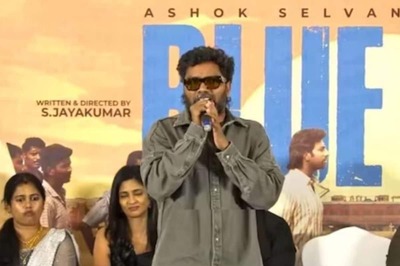




Comments
0 comment